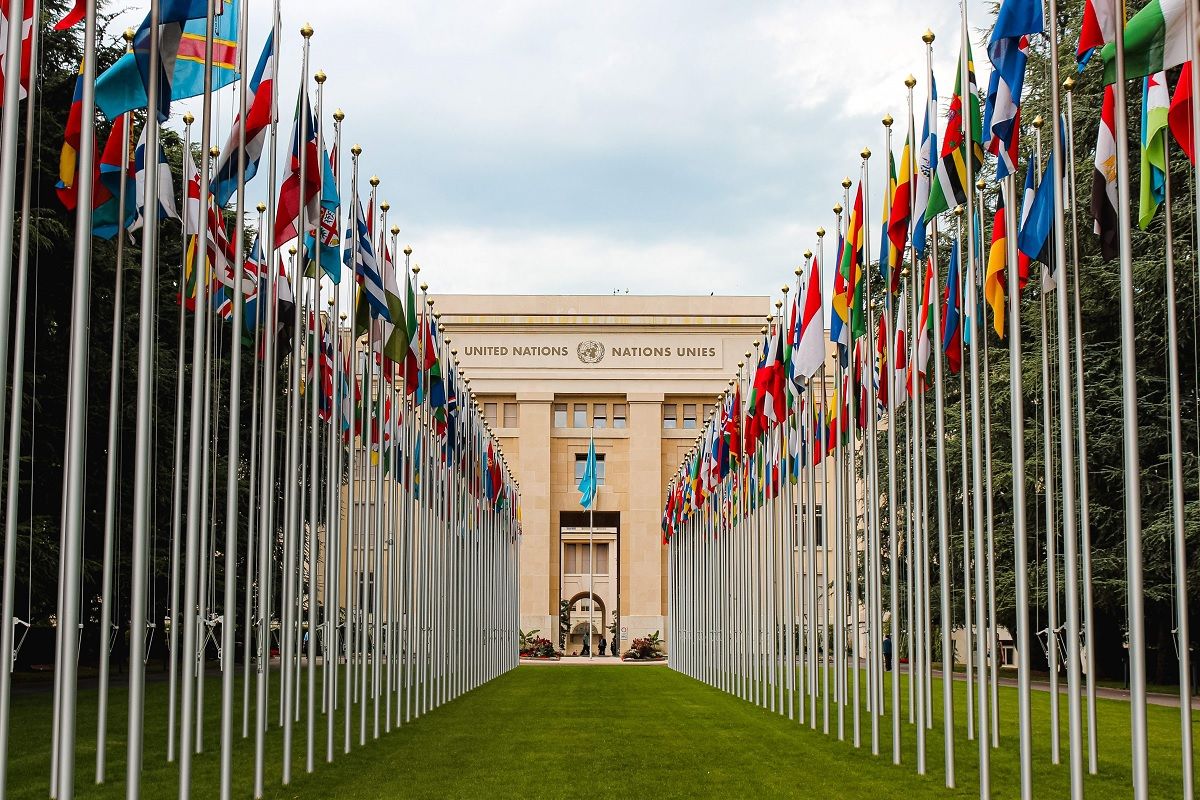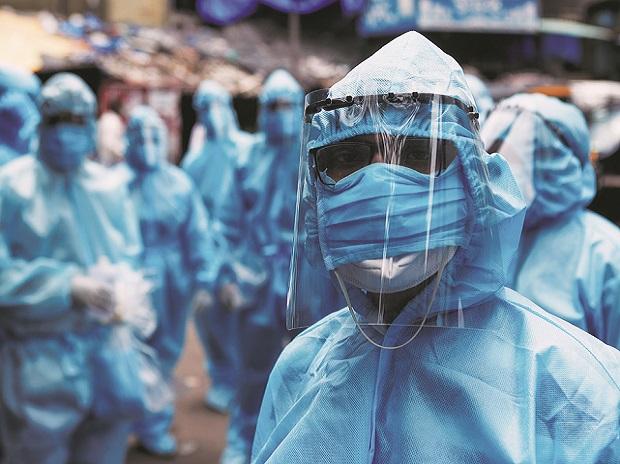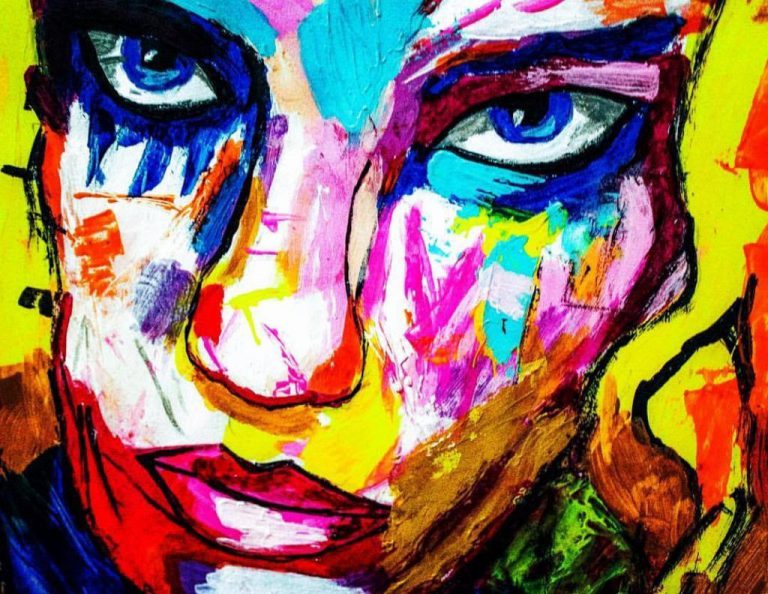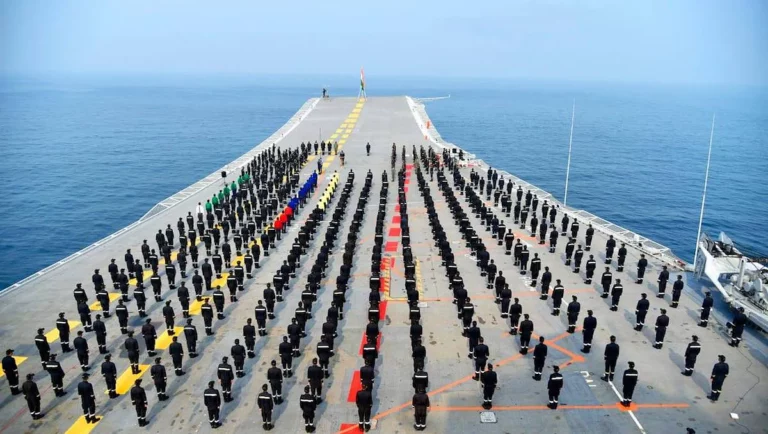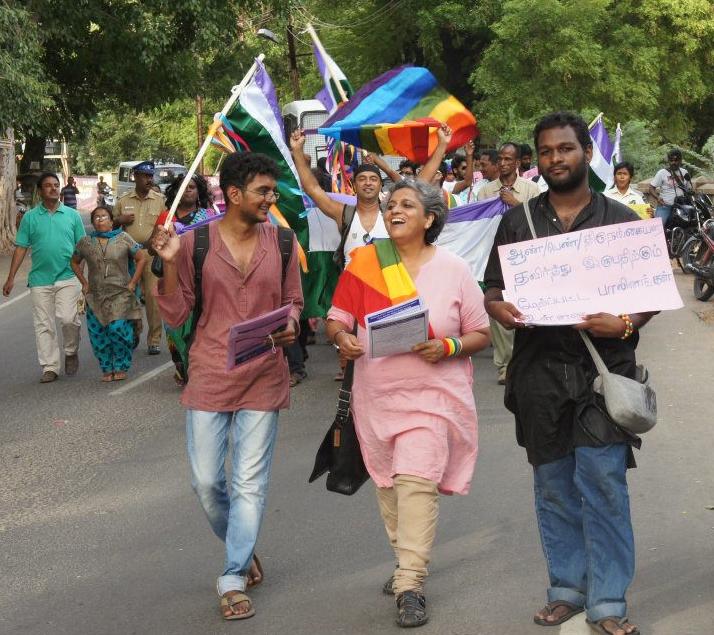India’s role in heralding a new multilateral order

Deepish was an engineer till he found out he really wasn't and movies lie about them. Currently he is searching history to find a profession for himself.
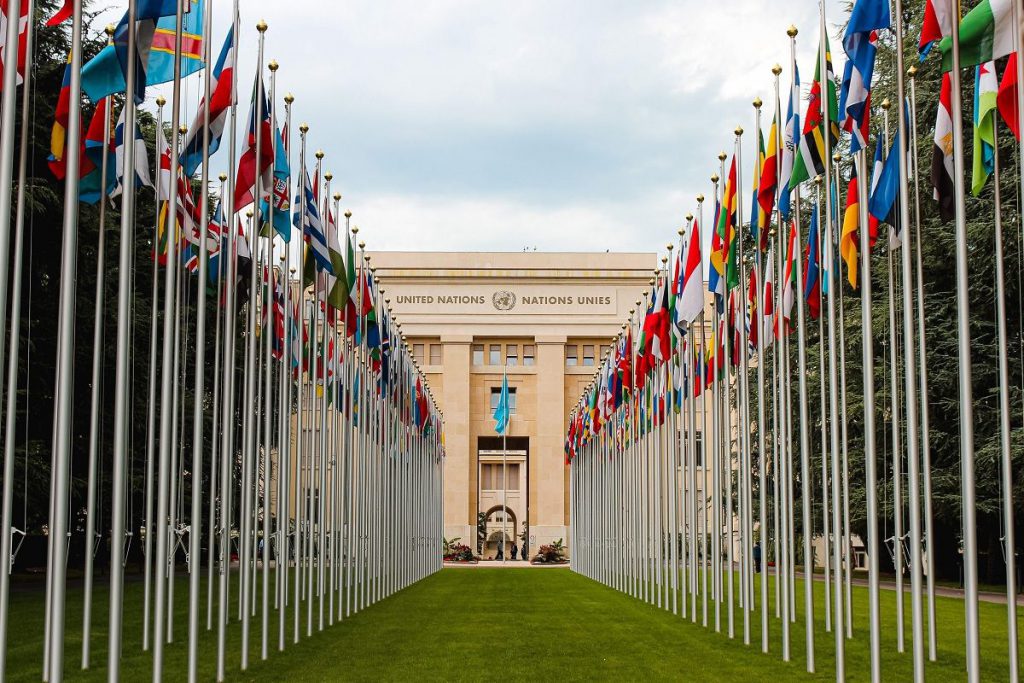
[responsivevoice_button voice=”US English Male” buttontext=”Read out this Theel for me”]
You can throw the free trade out the window, folks, because you see what free trade has gotten. You see what globalization [is], where we go all over the world to lose money with everybody
US President Donald Trump during a campaign speech in South Bend, 2016.
The semblance of a world order built on mutual cooperation between nations has faced a debilitating attack from the COVID- 19 crisis. A liberal international order based on free trade, collective security, and integrated technological advances has been facing severe problems from the nationalist tendencies that sprung around the globe from the early 2010s and the COVID-19 crisis has just sounded the death knell for this established order. Leaders like Trump have chastised this global order and blamed interdependence as a willy act of intellectuals to deny progress and sovereignty to their own citizens. But global politics since World War II has encountered many crises which it was able to handle without any major repercussions on the health of modern civilization by building strong multilateral institutions. The United States of America, as the founder of many of these institutions and a global superpower, had steered them efficiently for a stable global order for many decades.
COVID-19 has exacerbated the tendency of America pulling back from supporting a liberal international order and China forcefully filling the vacuum created by America’s withdrawal. Consequently, there has been a rapid decline in the relations between America and China, leaving a dark shadow on the state of global politics and a reminiscence of the cold war. This has created an enormous strain on India, which relies heavily on external trade to support its development and, also shares a long boundary with China and a strong strategic partnership with America. The problem that India faces today is two-fold: it needs to keep alive the international liberal order to liberate almost 276 million of its citizens from the clutches of poverty and maintain a fine balance between a close neighbour and a strategic partner. It is in such testing times that India must reinvent itself and play a visible role in shepherding the countries across the globe and push for a renewed liberal International order. There is an increased need for cooperation among nations, especially developing countries to stabilize the global supply chains to sustain their civilization.
An India, working closely with democratic countries, based on humanity, fairness, and equality as envisioned by PM Modi at the online summit of Non-Aligned meet, can lead the world in the right direction.
America has withdrawn from WHO, China has threatened Australia with punitive tariffs for moving a resolution for an investigation into virus origins, and Europe’s medical infrastructure is tumbling; under these circumstances, India would chair the Executive Board, the decision-making body of World Health Organization till May 2021. An independent investigation headed by India with a firm assurance of neutrality will sooth China’s fears and can calm American tempers as well. It would be a great opportunity for India to start a new conversation by keeping in mind the interests of all the countries. COVID- 19 crisis saw leaders across the globe squabble and brawl over scientific acknowledgment of their quarantine rules and over the first use of possible vaccines. Altogether, people were left despondent and appalled at the state of global politics as nations indulged in slander and one-upmanship with each other over scientific analysis of the virus, quarantine procedures, essential medicines, protection kits, and possible vaccines. This has created an anarchical situation where multiple science reports claiming possible cures are tossed up with no alacrity of grave circumstances the global humanity is encountering. These times necessitate India to step up and stop the hemorrhaging of global civilization, and be a thought leader championing people’s rights and scientific temper, the building blocks of its civilization. It requires India to set up a transparent mechanism under the auspices of WHO for regulating the supply of essential medicines and in the near future, vaccines.
Indian external affairs minister S Jaishankar has highlighted a ‘Five S’ approach India would be undertaking after getting a non-permanent member seat at United Nations Security Council- samman (respect), samvad (dialogue), sahayog (cooperation), shanti (peace) and samriddhi (prosperity). India must ensure that it steadfastly enforces these principles while it is at the UNSC to build confidence in the increasingly fragmented politics of the United Nations. India must also use this opportunity to stress upon the need of including more nations in the decision making of the United Nations and reconfigure the UNSC according to the aspirations of a new global order. The participation of more countries in the UN security council in a world becoming more and more multipolar would set the way for reinvigorating collective global decision making and control the autocratic tendencies sprouting across the world. This would be very crucial for India’s importance as a bulwark against authoritarianism and a votary of social and economic equality.
In Post-COVID period, there would be an urgent need to start a constructive dialogue on manoeuvring global peace and ensuring a comprehensive fight against terrorism as America seems keen on asking other nations to augment their own security. Many developing nations like India cannot manage a burgeoning defense budget especially after a pandemic. Neither can it ignore its defense completely, with China growing more assertive as the recent crisis suggest and a likely return of the Taliban to Afghan politics. India needs to build strategic alliances with other nations to counter the advent of terrorism and invest in advanced military technologies that can be shared amongst the partners. This would enable a sustainable model for third world countries like India to fight terrorism and secure investment for ensuring social and economic security for its citizens.
As the largest democracy with a pluralistic society, India must construct a bold vision opposing hyper-nationalistic tendencies and espousing confidence in a free flow of investment, trade, and information. It is the most opportune moment for India to herald a new multilateral order built on sovereign, equality and active cooperation.
Featured Image Credits: Mat Reding on Unsplash


